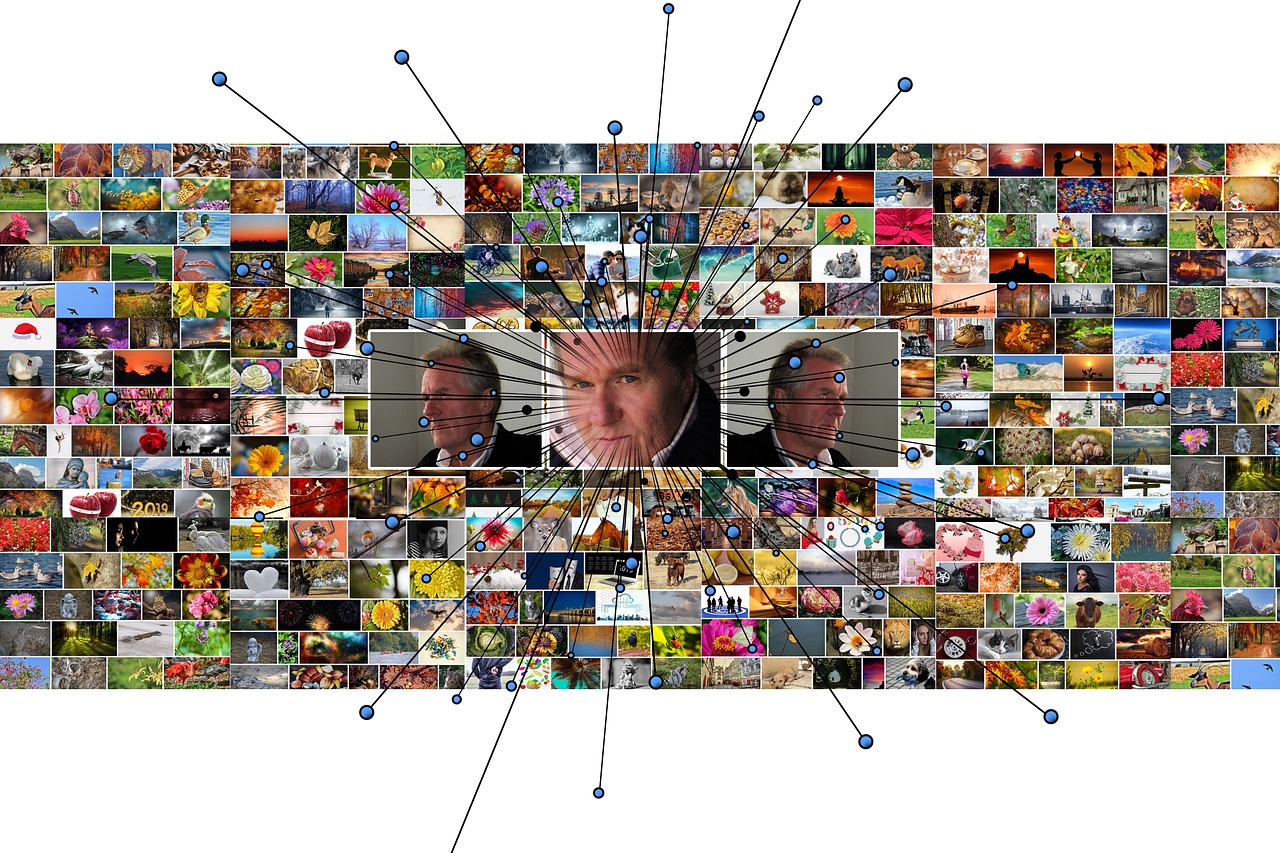Understanding the fundamentals of inbound marketing
|
IN BRIEF
|
Inbound marketing has emerged as a powerful business philosophy that prioritizes genuine connections over traditional sales tactics. This approach focuses on attracting customers by providing valuable content and fostering meaningful relationships with prospects. In contrast to disruptive marketing techniques, inbound marketing meets potential customers on their preferred platforms while addressing their needs and concerns. By understanding the fundamentals of this methodology, businesses can create strategic marketing plans that not only drive growth but also enhance customer satisfaction and loyalty.

The concept of inbound marketing revolves around creating meaningful connections with potential customers by providing them with valuable content and experiences tailored to their needs. Unlike traditional marketing methods that often rely on interruptive techniques, the inbound approach emphasizes engaging customers on their terms. This philosophy centers on humanizing business interactions, fostering 1:1 relationships with prospects, and understanding their preferences across various platforms and networks.
To effectively implement inbound marketing, businesses must focus on several key components. For instance, creating compelling content that addresses the issues and questions of the target audience is essential. This could be in the form of blog posts, videos, or social media updates that not only attract attention but also offer genuine solutions. Moreover, utilizing a robust contact database allows marketers to identify and segment their audience effectively, ensuring that the right messages reach the right people. By aligning their marketing strategies with consumer behavior and preferences, companies can build a more sustainable growth model grounded in customer satisfaction and trust.

Understanding Inbound Marketing
Inbound marketing represents a transformative shift in how businesses approach their audience. Unlike traditional marketing that often interrupts potential customers with unwanted content, inbound marketing focuses on creating valuable experiences and content that naturally attracts individuals to your brand. By understanding what your audience genuinely seeks, businesses can tailor their strategies to meet these needs, forming a stronger connection with their clients.
According to HubSpot, over 60% of marketers say that inbound marketing is the lifeblood of their business strategies. This method fosters trust and establishes a rapport, leading to lasting customer relationships and enhanced customer loyalty. For instance, utilizing SEO techniques can elevate your content, making it easier for your target audience to discover your brand when they search for solutions that you provide. An effective approach involves not just selling a product but fostering a narrative around it, delivering a personalized experience that resonates with customers on a deeper level.
Additionally, it’s important to consider the dual role of influencer marketing in contemporary SEO. By collaborating with trusted voices in your industry, businesses can significantly boost their credibility and reach. This synergy between authority and strategy helps cement the critical link between a brand and its potential clients, ultimately enhancing the overall effectiveness of an inbound marketing campaign. For more insights on enhancing your business credibility, explore website authority and its impact on visibility.
Understanding Inbound Marketing
The Importance of a Human-Centric Approach
Inbound marketing is more than just a strategy; it embodies a business philosophy that prioritizes customer relationships and fulfillment. This approach emphasizes the necessity of meeting customers where they are, employing the platforms and networks they prefer. It advocates for conducting business in a human way, fostering meaningful interactions with potential buyers and current customers alike, transforming them from strangers into loyal advocates.
For instance, consider how inbound marketing encourages organizations to create valuable content that answers customers’ questions rather than simply pushing products on them. This strategy not only enhances customer engagement but also builds trust. Companies that can illustrate their commitment to understanding their clients’ needs will find themselves at a distinct advantage in an increasingly competitive market.
- Attractiveness of Valuable Content: Creating insightful content that addresses customer pain points.
- Building Relationships: Engaging with customers through personalized interactions on their preferred platforms.
- Long-Term Growth: Establishing a sustainable business model focused on customer satisfaction leads to continuous growth.
- Data-Driven Insights: Utilizing analytics to adapt marketing strategies based on customer feedback and behavior.
By adhering to these principles, organizations can foster a more effective marketing strategy. The journey toward successful inbound marketing requires a deep understanding and application of these fundamentals, ensuring that every interaction resonates with the audience.
For further insight into the significance of inbound marketing and its practical applications, visit HubSpot Academy or explore Cleverus for comprehensive guidelines.

Understanding Inbound Marketing
Inbound marketing represents a transformative approach to engage with customers. It focuses on creating valuable content and experiences tailored to the needs and interests of the audience. Unlike traditional methods that disrupt potential customers with unwanted messages, inbound aligns with the human experience, emphasizing relationship-building over simple transactions. This business philosophy prioritizes authentic interactions, allowing companies to connect with prospects by meeting them on their own terms.
Central to this approach are several fundamentals that define the inbound methodology. One key aspect is the use of a well-maintained contact database, which identifies target customers and their behaviors. Moreover, recognizing the buyer journey enables businesses to provide relevant content at each stage of the customer experience. By fostering a strategy that encompasses content creation, SEO, and social media integration, companies can successfully attract, engage, and convert their audience.
Understanding these elements not only equips marketers with the necessary tools to meet contemporary demands but also demonstrates the effectiveness of customer-centric marketing. As businesses embrace these principles, they are likely to cultivate stronger customer relationships and achieve sustainable growth over time.

Inbound marketing represents a transformative approach in the realm of marketing that prioritizes customer-centricity over traditional methods. This philosophy hinges on the notion of engaging with potential customers on their terms, fostering meaningful relationships through tailored content. By focusing on providing valuable experiences, businesses can naturally attract and retain clients, contrasting sharply with the often intrusive nature of outbound marketing.
The core principles of this methodology encompass a focus on key elements such as content creation, buyer journeys, and goal alignment. These fundamentals function collectively to guide marketers in developing strategies that resonate with the audience, meeting their needs and aspirations.
As businesses increasingly recognize the effectiveness of inbound strategies, it becomes clear that adopting this mentality is essential for sustainable growth. Through genuine engagement and a commitment to solving real problems for consumers, organizations can not only enhance their market presence but also ensure long-term success in a competitive landscape.












Post Comment